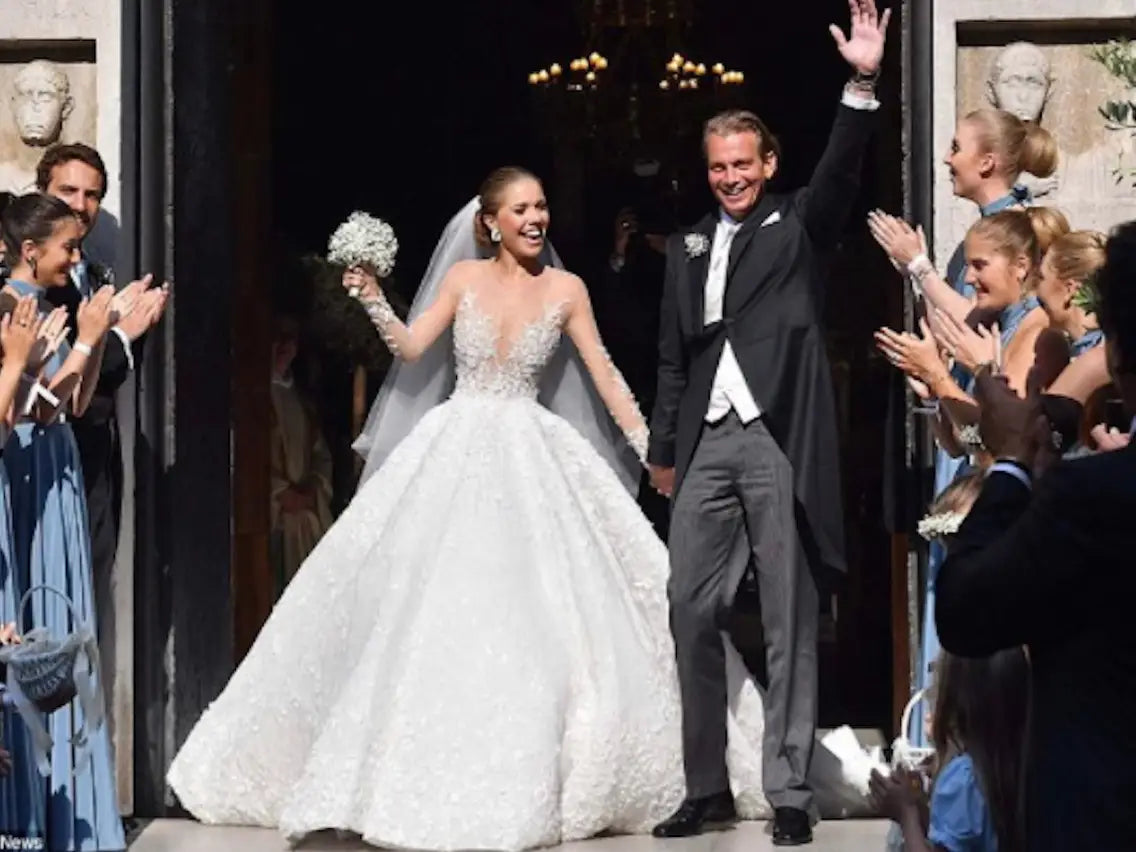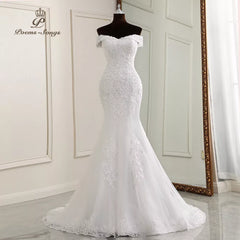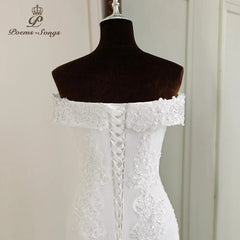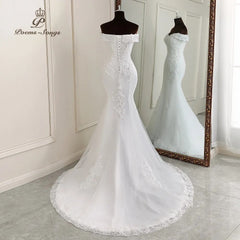What Does A Wedding Officiant Do
June 28, 2023
Melody Mburu
The couple is legally married by a wedding officiant, who also leads them through the ceremony's many components. A wedding officiant contributes to the creation of an unforgettable and happy wedding ceremony that really expresses the couple's love and values by carrying out his/her duties with care, professionalism, and attention to detail.
That being said, you should reserve this individual in advance. as soon as you accept the marriage proposal. He or she should also attend the dinner or reception following the rehearsal. We shall examine the duties that a wedding officiant does in this post. There are several wedding officiants from whom to pick.

While civil officiants officiate secular ceremonies recognized by the government, religious officiants conduct ceremonies based on unique religious practices. Humanist officiants concentrate on nonreligious ceremonies, whereas interfaith officiants are experts in fusing many religious traditions.
Additionally, you can ordain someone online or through legal means, such as a friend or member of your family. When choosing a wedding officiant, keep in mind the local regulations in your area. A wedding officiant is responsible for a number of important tasks:
Before the wedding day
The couple will meet with the officiant to go over their ideas for the ceremony. The officiant must comprehend the couple's preferences and obtain information about their own love tale. The couple and the officiant can build a connection during this first encounter. It enables the ceremony to be customized to their specifications and quirks.
The officiant assists the couple in planning the ceremony. They also assist in selecting readings or rituals, and deciding how it will go in general. He/she also supports the couple in choosing a pre-existing template that will fit their values and beliefs. Alternatively, the officiant will help them write a customized wedding ceremony script. A well-planned and significant ceremony is ensured by their ideas and counsel, which are founded on their experience and knowledge.
Where required, your officiant will guide the couple through the application procedure. and aid them in understanding the legal criteria for getting a marriage license. The officiant informs the couple of the required paperwork, timelines, and any legal requirements or rules that must be adhered to. They make sure that everything is done legally in order to formally recognize the marriage.
To guarantee a seamless and well-timed ceremony, you should plan and practice it with the couple and any other participants, like readings or musicians. The celebrant organizes and leads a rehearsal during which the couple and the wedding party practice the ceremony. They coordinate timing, signals, posture, and entrances while making sure everyone is aware of their respective duties.
During the Ceremony
Ensure that the location is set up and organized prior to the ceremony to foster a calm and inviting environment. The officiant should get there early to check over the setup, make sure the audio equipment is working, and take care of any last-minute issues. They will communicate with the venue employees and other vendors to make sure everything is set up for a ceremony that runs well.
The celebrant will establish the atmosphere, make it welcoming and inclusive, engage with the guests, and keeps the attention on the couple. Presiding over the ceremony, reading the script, and directing the couple through each of its components, including the vows and ring exchange. They should talk loudly and authoritatively, projecting their voice to everyone in the room. They should also make it fun.

The officiant should assist the couple in including any customs, readings, or poignant events. These customs are to have special meanings for the wedding couple in order to enrich and customize the ceremony. Each ritual's meaning and symbolism are explained by the officiant, who also leads the couple and other participants through the ceremony. They make sure readings or speeches are seamlessly incorporated into the ceremony, providing assistance and signals as necessary.
The marriage license is signed by the couple and witnesses in the right areas. The officiant's purpose is to ensure the marriage's legal legitimacy. He/she does this by signing and witnessing the marriage license with the couple including any additional witnesses that may be necessary. The officiant makes sure that all pertinent information is appropriately entered into it. Additionally, they could offer guidance on how to manage and deliver the license to the proper authorities following the ceremony.
After the Ceremony
Following the ceremony, the wedding officiant has the following duties:
To present legal documents as soon as it is signed and within the deadline to the relevant government agency. In order to legalize the marriage, the officiant has to make sure that all required documentation is completed precisely and on time.
He/she provides the couple with information on how to get a legal marriage certificate. If required, they will help with any further paperwork. The officiant gives the couple advice on how to go about getting a marriage license, which acts as formal documentation of their relationship. They could give directions on how to apply, what paperwork is needed, and any costs that might apply.
The celebrant congratulates the couple from the bottom of everyone's hearts and expresses appreciation to any additional attendees or sponsors of the event. They also take some time to individually congratulate the newlyweds, wishing them well and reiterating the importance of their commitment. They could also express gratitude for the assistance of friends, relatives, and other experts who made the ceremony successful.
As a wedding officiant, you have the privilege of assisting couples through one of their most memorable experiences. You may create a really memorable and meaningful wedding ceremony that reflects the couple's values, beliefs, and special love story by being aware of your duties prior to, during, and after the ceremony, as well as the significance of personalizing. The couple and their loved ones will value your contribution for years to come if you take on this responsibility with passion and consideration.
Remember, each wedding is a beautiful tapestry of love and togetherness, and you have the privilege of being the one who weaves it all together.




















